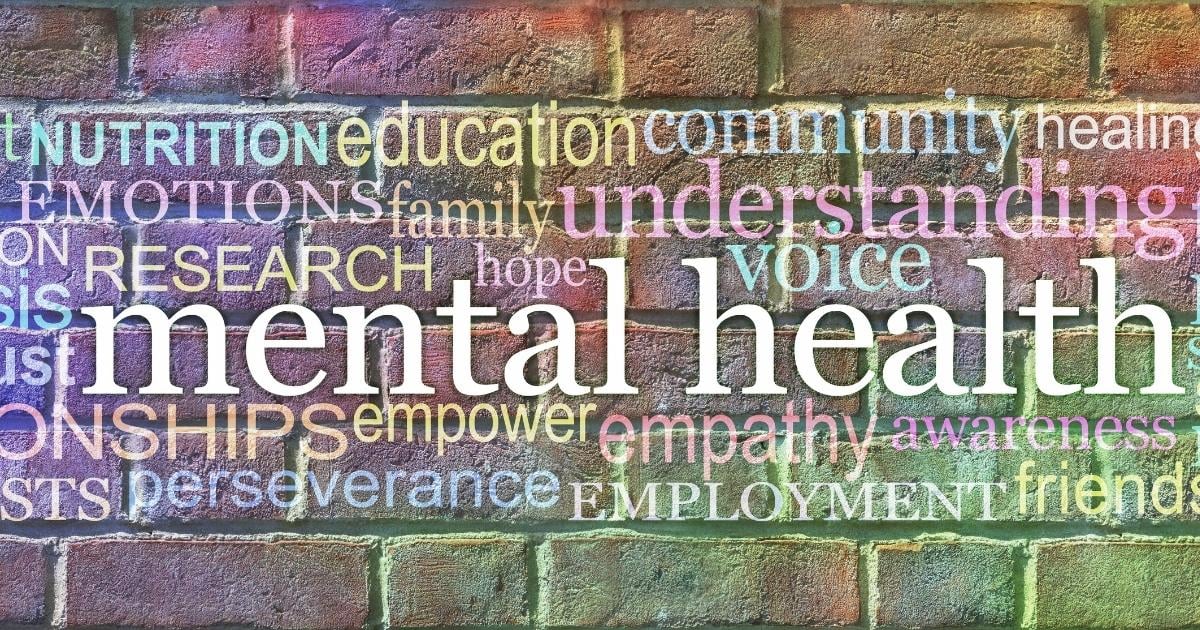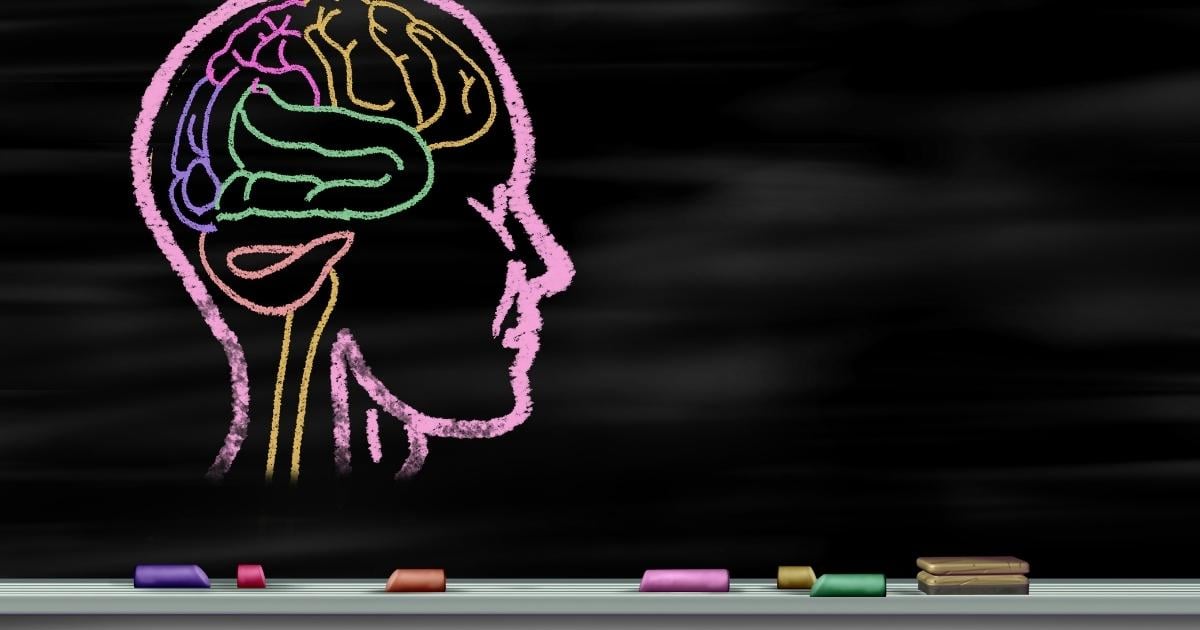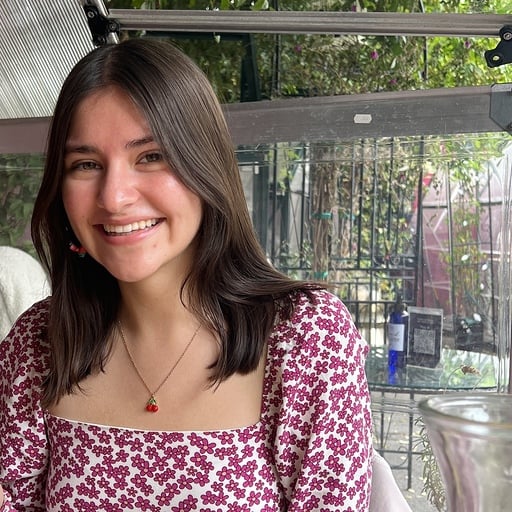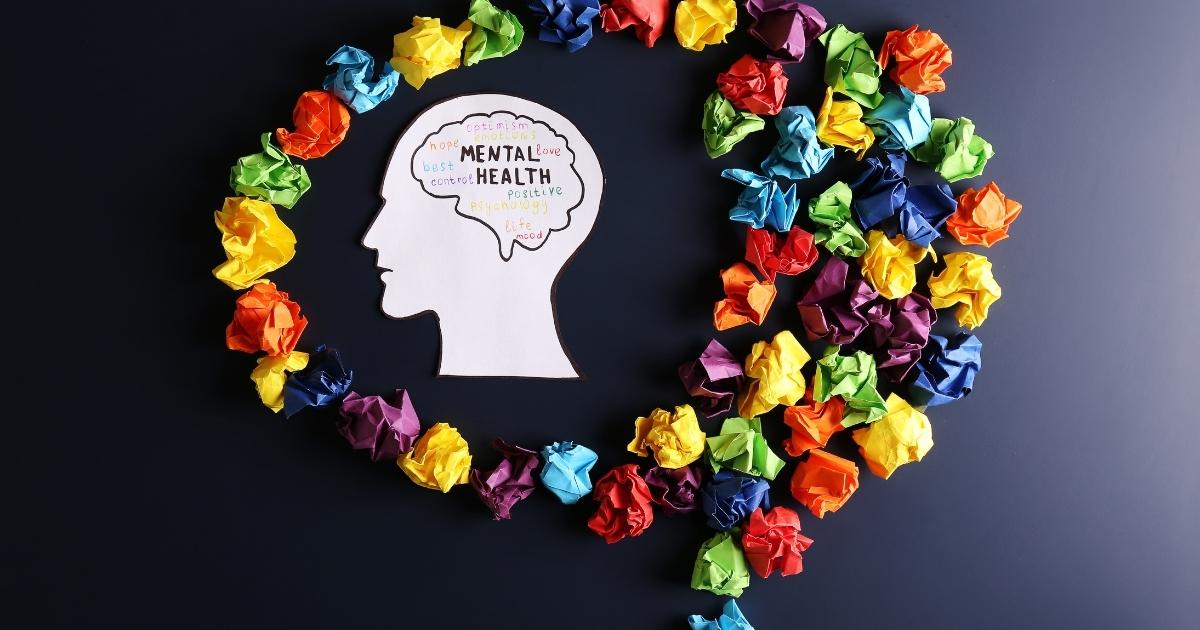Gun violence is a dark and damaging reality of today’s world that our children and we are forced to deal with. It is scary to think that adults and children alike are not adequately equipped to process the atrocities of gun violence. Mental health services are not equally readily available to the public, and gun violence is a sensitive topic many prefer to avoid.
As awareness of exposure to gun violence increases, we must evaluate the actual impacts of gun violence on the overall population, especially on children. Protecting those most vulnerable is the most important task we must complete regarding mental health and gun violence.
The statistics on the impact of gun violence on mental health are staggering and profoundly telling. Studies show that exposure to gun violence was linked with worsening symptoms of psychological distress, depression, suicidal ideation, and psychotic experiences[1].
This means that while gun violence may not always cause mental health disorders for the general public, it is associated with exacerbating symptoms related to mental illness. There is a clear public health issue here.
Dr. James Garbarino details the two common developments of mental health problems for children and adolescents after experiencing or witnessing gun violence.
The first most likely development is acute stress reaction which may be symptoms of stress that usually do not last longer than a year for children and adolescents[2]. However, a small number of children will develop post-traumatic stress disorder, and their journey to recovery may be difficult.
Gun violence has been a phenomenon that we all have bore witness to in this new age of instant communication through social media. But exposure to gun violence is significantly higher for black and Latinx children and adolescents, especially those residing in predominantly low-income communities[1].
These studies show that marginalized communities, according to race, face the brunt of mental health consequences of gun violence.
Furthermore, black and Latinx children and adolescents are even more vulnerable to gun violence's damaging mental health effects because they are less likely to receive mental health benefits than white children[3].
Therefore, communities of color are more likely to be exposed to gun violence and less likely to receive treatment for any mental health symptoms. These communities are especially at risk, requiring the most attention from public health officials.

The State of Mental Health Today for Children and Adolescents
While we may frequently hear the concern for the state of mental health today, it is crucial to understand what statistics show for mental health in children and adolescents. According to the CDC, “42% of students felt persistently sad or hopeless and…29% experienced poor mental health”[4].
Additionally, “22% of students seriously considered attempting suicide and…10% attempted suicide”[4]. These numbers were for high school students in the U.S.
As previously stated, these harrowing statistics on mental health for children and adolescents are especially concerning for children in marginalized groups. Poor mental health can affect a child’s life beyond their developmental years. And the effects are not limited to health aspects of an adolescent’s life. Poor mental health may affect social life, academic success, and professional success.
We must think of the care for mental health in a similar light as physical health for children and adolescents. Failure to pay attention to mental health issues in earlier years will lead to long-term deterioration of overall health. Furthermore, failure to address the mental health impact of gun violence will lead to a general exacerbation of mental health symptoms that will affect children and adolescents for years to come.
Moreover, experiencing traumatic events such as gun violence can disrupt a child’s life more crucially. Being a child or adolescent in the United States is challenging. The dangers of social media, worrying about fitting in, and dealing with new life experiences that come with growing up can all take a toll on children without the proper guidance and support.
Dealing with the repercussions of exposure to gun violence, whether it be an isolated event in a student’s school, receiving constant media coverage of a shooting in another state, or living in a community where people close to you are frequently involved in gun violence, is a hefty added weight to an adolescent’s life.

Prospects
The atrocities of gun violence are a real threat to children and adolescents throughout the United States- a public health issue that urgently needs to be addressed. Fortunately, organizations like the CDC have built the foundation for initiatives to target exposure to gun violence for children.
One key concept organizations like the CDC have emphasized when addressing exposure to gun violence for children and adolescents is resilience. While thousands of children across the country have been exposed to various forms of gun violence, they are known to adapt well to mental health treatment with the proper support and care.
Prioritizing access to quality mental health treatment is critical to adequately addressing the impact of gun violence on children's mental health.
If you or anyone you know is experiencing severe mental health symptoms and need help, click the link below to access the national helpline for the Substance Abuse and Mental Health Services Administration.
https://www.samhsa.gov/find-help/national-helpline
Choosing a healthy plant-based and vegan diet is most beneficial when it comes to:
-
Higher levels of energy;
-
Improved sleep;
-
Aids in energy and overall happiness;
-
Provides a sense of comfort and relief;
-
Could prevent major diseases such as obesity and diabetes;
-
Accomplish weight loss and management; and
-
Improves mental and cognitive functioning.
What is your biggest need for living your healthiest lifestyle? Are you looking for ways to improve your diet and boost your immunity? Let us know what you think of the article.
Have any follow-up questions? Please send us a message in the comments section below. We love hearing your feedback!

















